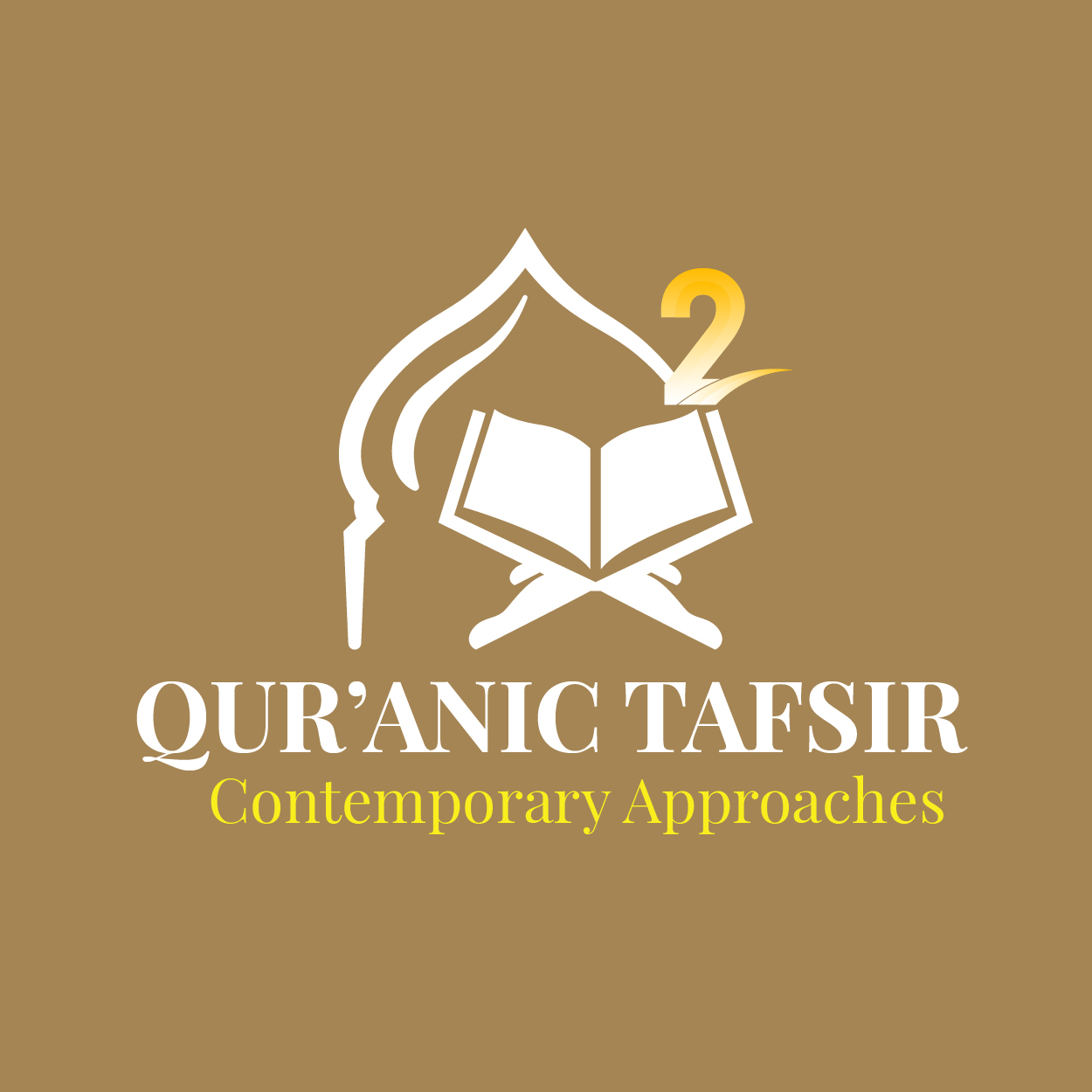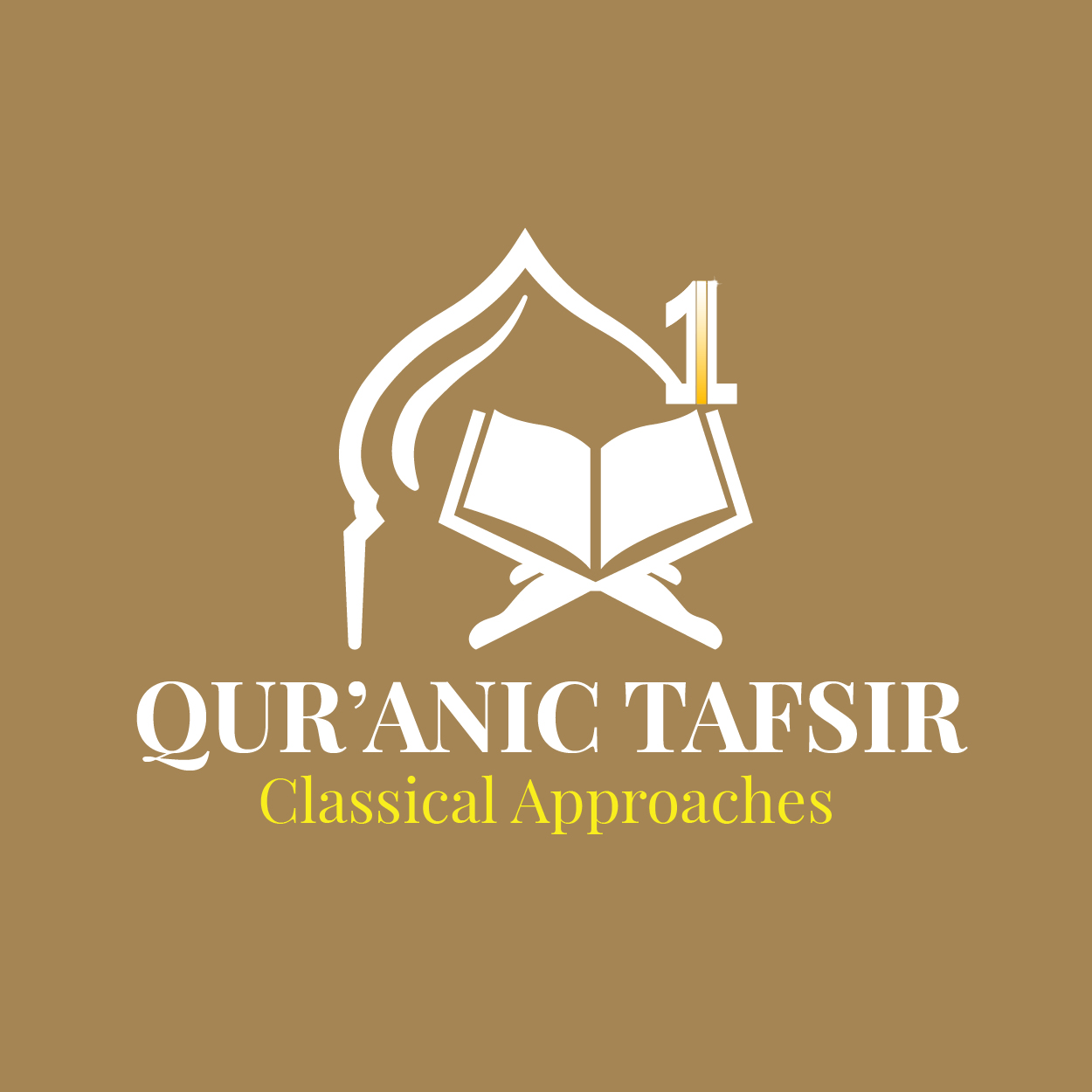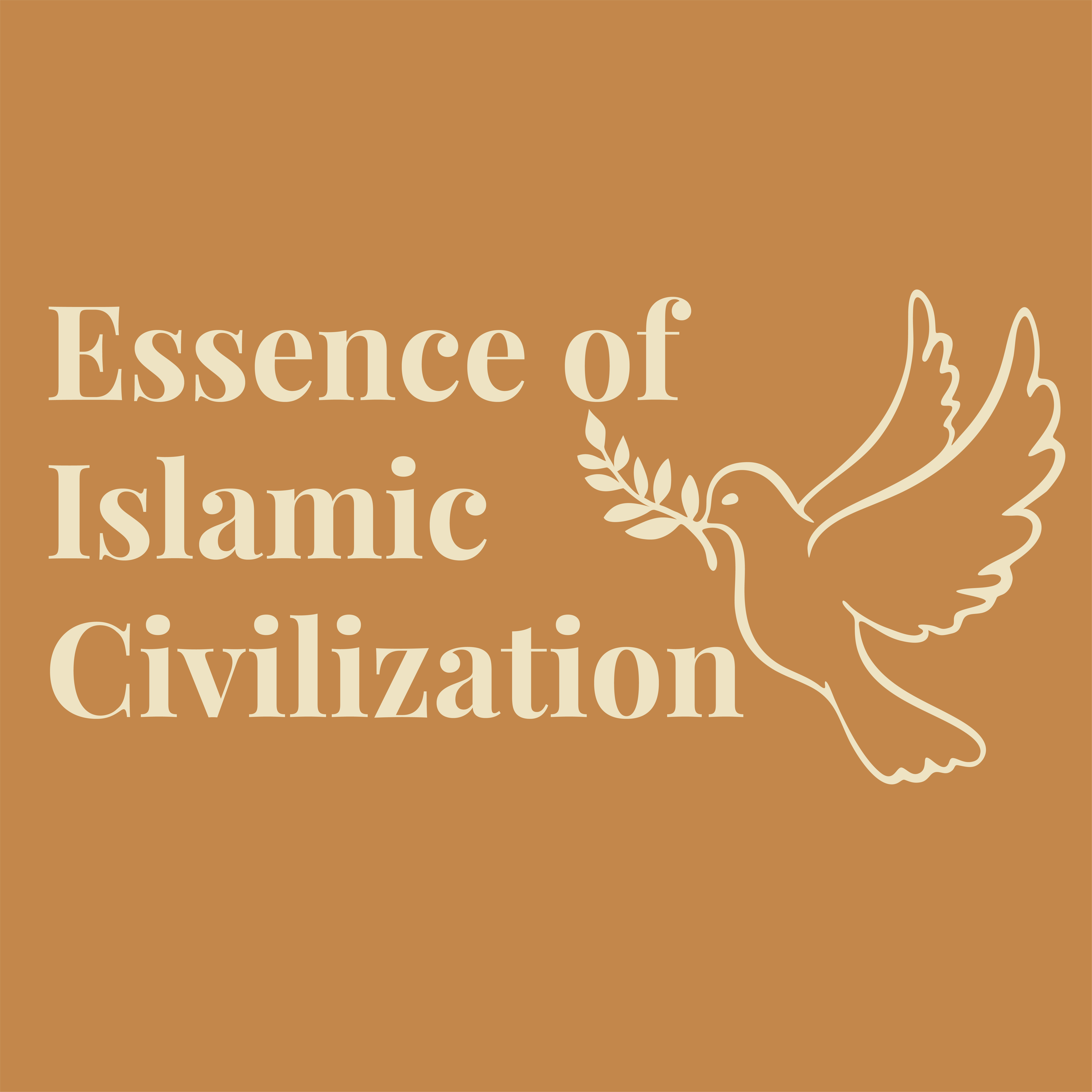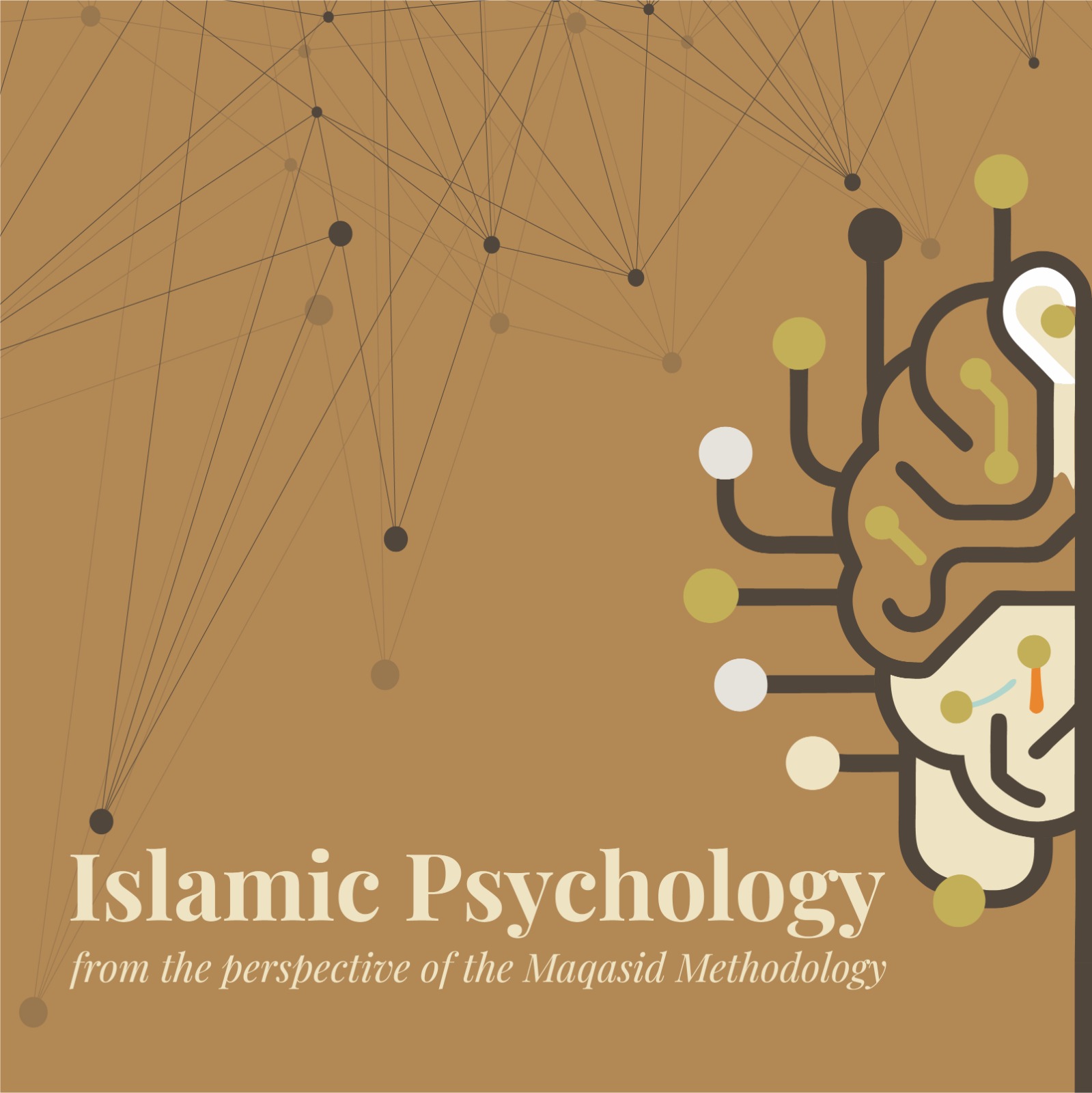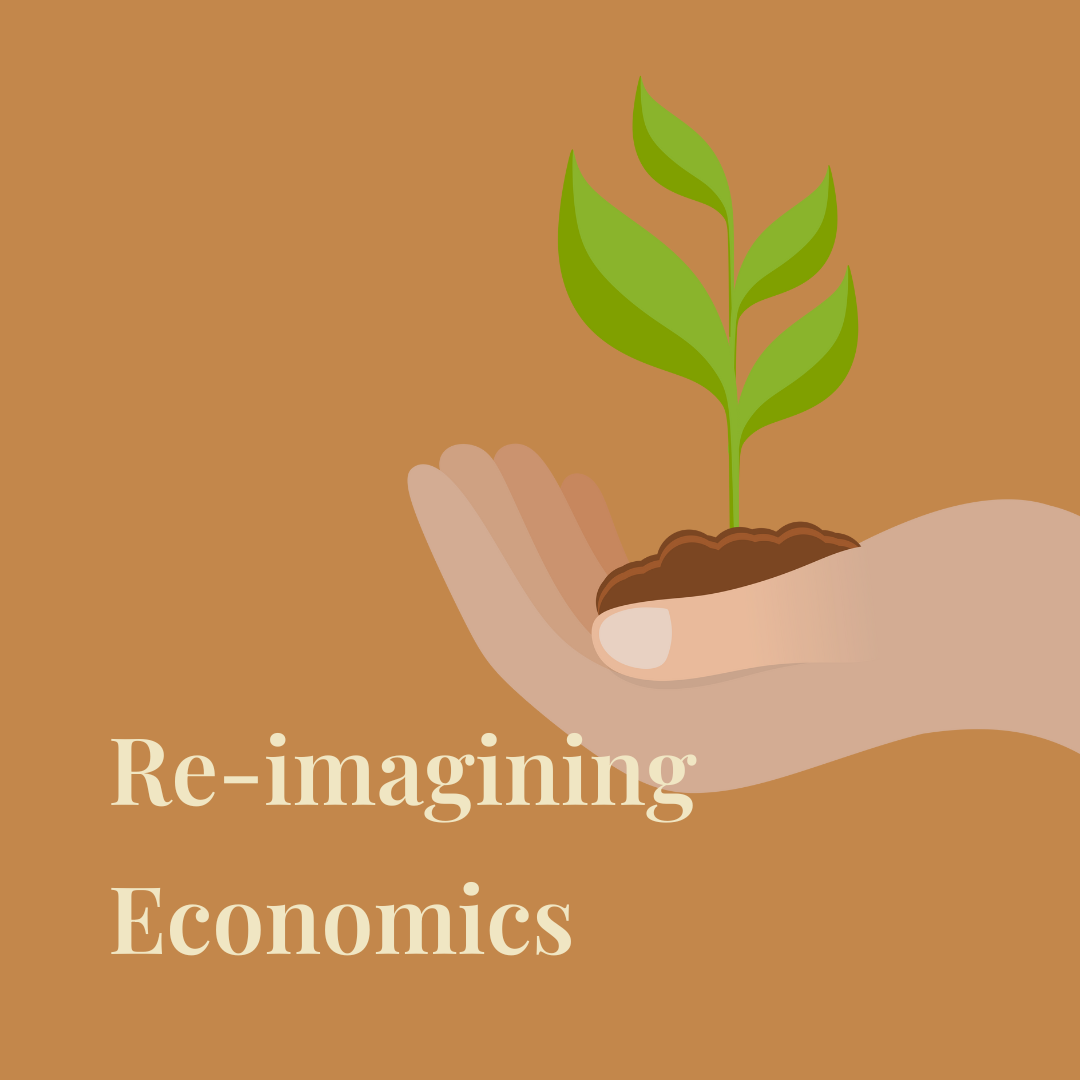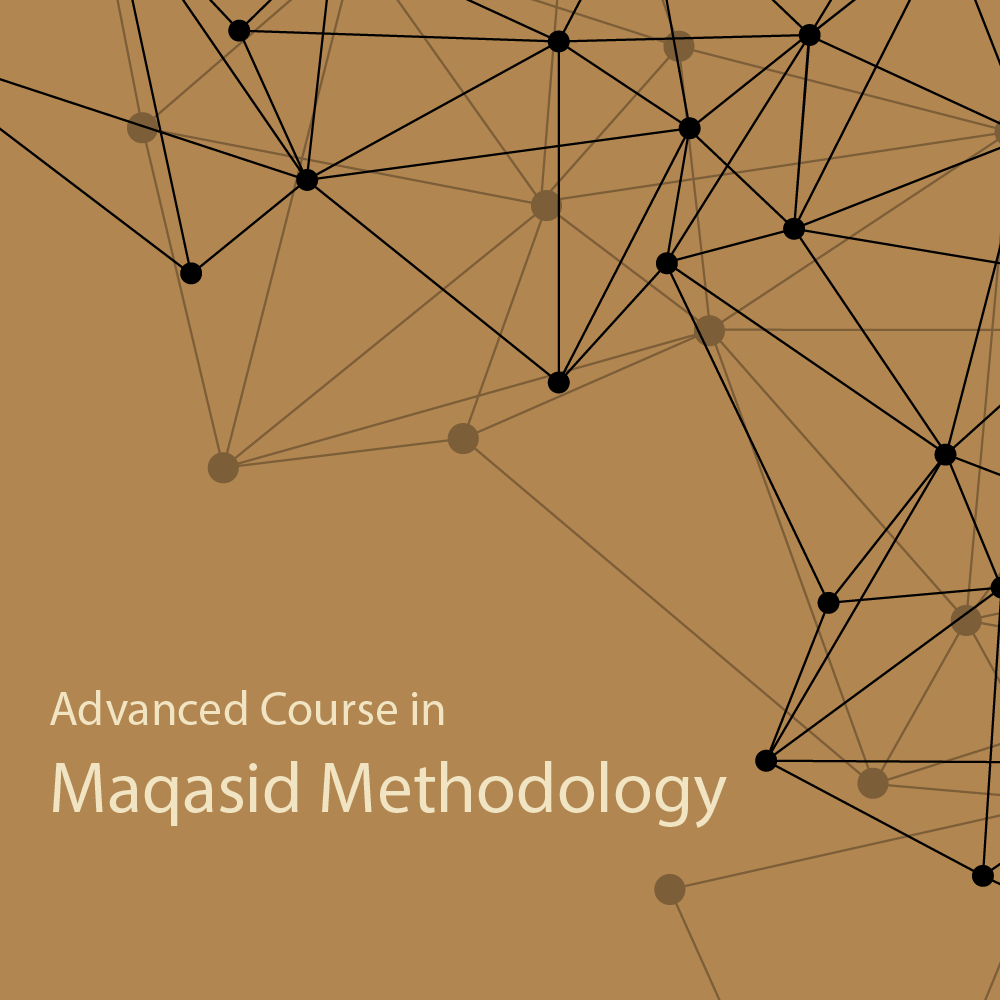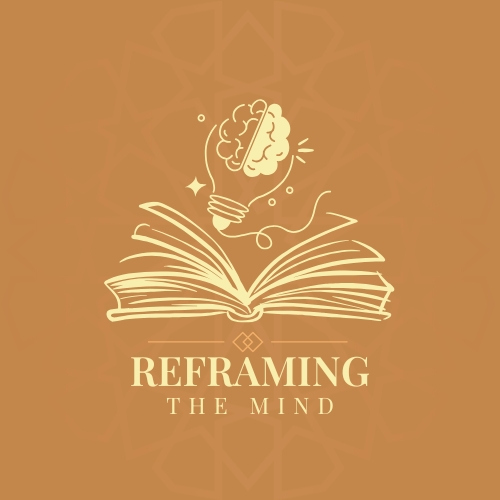
Amidst today’s flood of information, conflicting ideologies, and spiritual uncertainty, this course offers a space to pause and reorient your direction through Revelation. It shows how the Qur’an and the Prophetic example provide more than legal rulings—they present a complete vision of life that nurtures clarity, purpose, and compassion. Grounded in the Maqasid Methodology, the course guides participants in reshaping their thinking, conduct, and awareness within a holistic Islamic worldview centered on tawḥīd, responsibility, and meaning.
- Teacher: Ildus Rafikov



